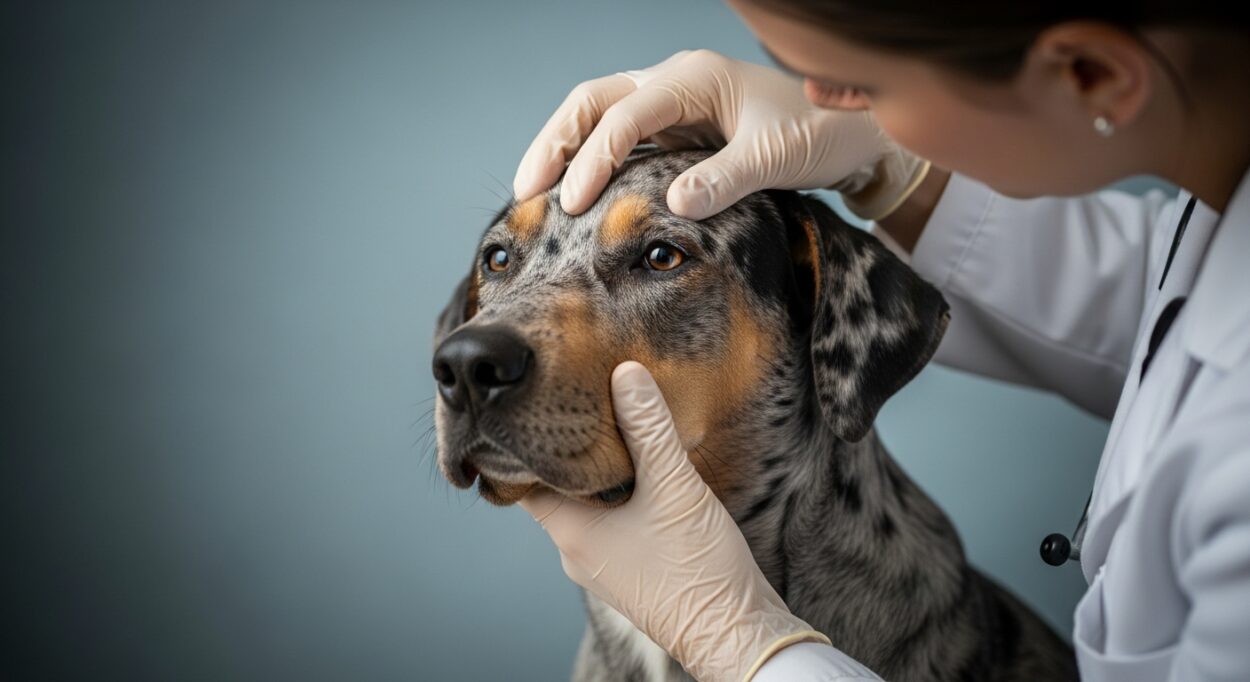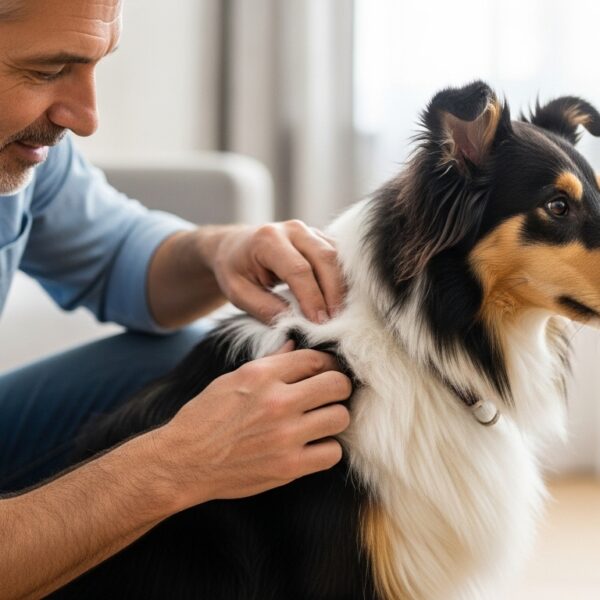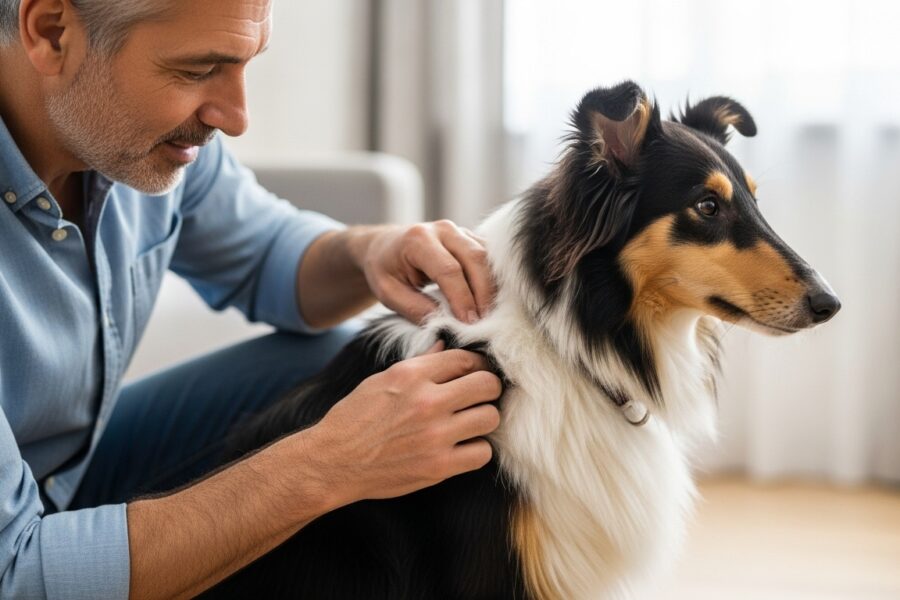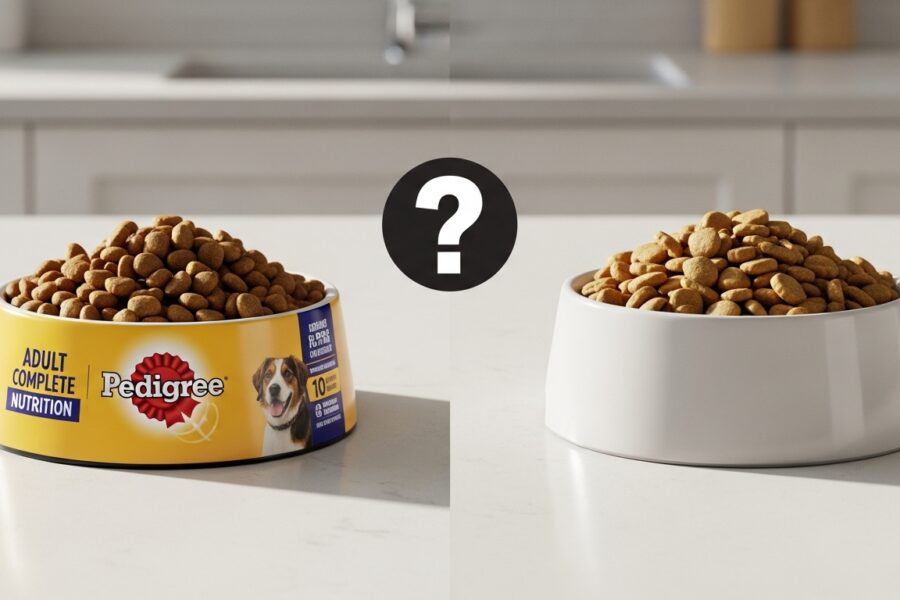Table of Contents
Introduction
Catahoula Leopard Dogs are well-known for their striking looks, intelligence, and fearless personalities. Originally bred in Louisiana as working dogs, they make loyal companions for active families. However, like all breeds, Catahoulas have unique health concerns every responsible owner should understand.
If you’re caring for—or considering—a Catahoula, this complete guide about Catahoula Leopard Dog health issues will help you recognize warning signs, be proactive, and ensure a longer, healthier life for your four-legged friend.

1. Hip Dysplasia: A Common Joint Problem
Hip dysplasia is arguably the most serious and prevalent health issue facing the Catahoula Leopard Dog breed. This condition happens when the hip joint doesn’t form properly, causing arthritis, pain, and eventually mobility problems as your dog ages.
Warning Signs:
- Limping or favoritism of one back leg
- Difficulty getting up or climbing stairs
- Decreased activity or reluctance to jump
What Owners Can Do:
- Choose a reputable breeder who screens for hip issues
- Maintain a healthy weight to reduce joint strain
- Keep your Catahoula active, but avoid repetitive, high-impact exercise
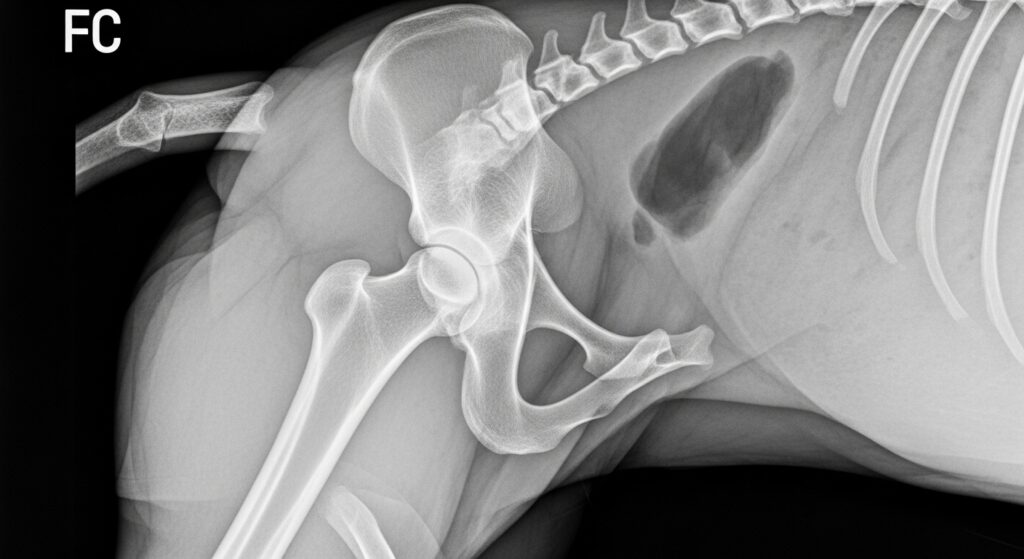
2. Deafness: Unique to the Catahoula Leopard Dog
Catahoulas are one of the few breeds genetically predisposed to congenital deafness. Dogs with a lot of white in their coat, or those with “glass” or very pale blue eyes, may be at increased risk.
Warning Signs:
- Not responding to their name or familiar sounds
- Excessive barking
- Easily startled when approached from behind
How to Support a Deaf Dog:
- Use hand signals consistently
- Avoid risky situations like off-leash walking in busy areas
- Consult a vet about their specific needs

3. Eye Problems: Watch for Vision Changes
Eye health is important for this breed. Many Catahoulas are prone to conditions like Progressive Retinal Atrophy (PRA), cataracts, and “glass eye” (heterochromia). Some eye issues are hereditary, so early screening and regular checkups are best.
Symptoms to Watch For:
- Cloudy or bluish eyes
- Bumping into furniture or walls
- Excessive eye discharge or redness
Treatment & Prevention:
- Yearly vet eye exams
- Genetic screening in breeders’ programs
- Prompt vet care at the first sign of vision change

4. Skin and Coat Issues: Allergies & Dermatitis
The Catahoula’s short, dense coat typically needs little upkeep, but they can develop skin and allergy issues—especially related to food, grass, or fleas. Hot spots, redness, or excessive scratching are all signs of trouble.
Typical Symptoms:
- Hair loss or bald patches
- Red, inflamed, or crusty skin
- Excessive itching or biting at the skin
Owner’s Tips:
- Use a high-quality, limited-ingredient diet
- Bathe only as needed, with gentle dog shampoo
- Discuss flea and tick preventatives with your vet
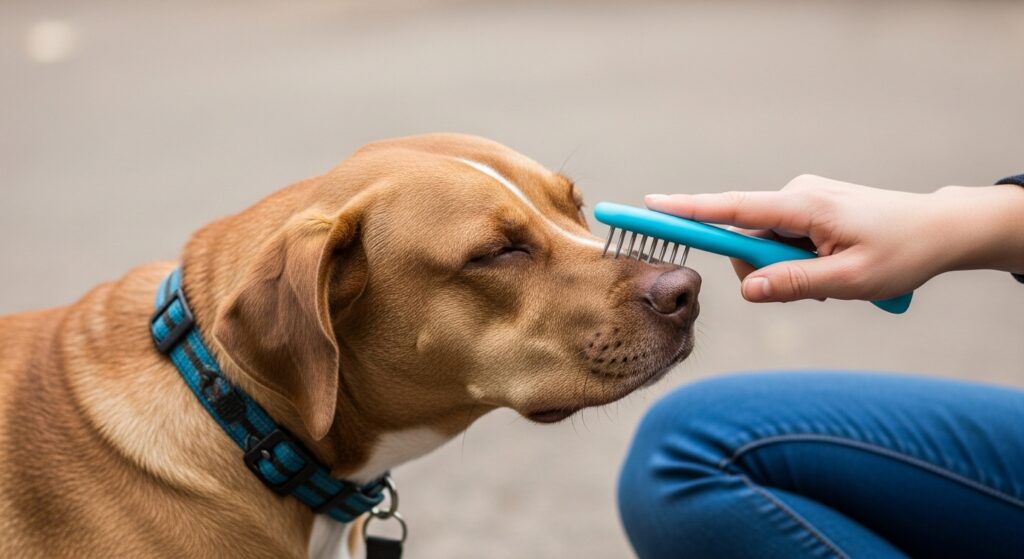
5. Bloat (Gastric Dilatation and Volvulus)
Although less common than in giant breeds, Catahoulas are deep-chested dogs, so they can be at risk for bloat—a life-threatening emergency where the stomach twists.
Watch For:
- Sudden, severe stomach swelling
- Retching without vomit
- Weakness or collapse
What to Do:
- Feed smaller meals, several times a day
- Avoid exercise right after eating
- If you suspect bloat, get to a veterinarian immediately—it’s an emergency
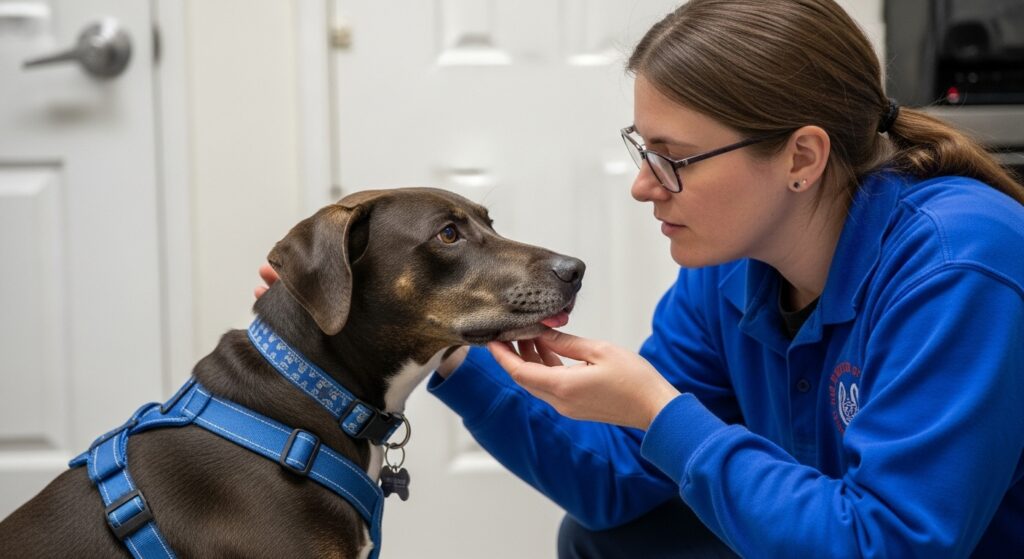
6. Other Health Issues to Watch
- Epilepsy: Some lines are prone to seizures. Medication can help management.
- Obesity: Active lifestyles help Catahoulas stay lean and healthy!
- Autoimmune Disorders: Rare but possible; early diagnosis helps with management.
Regular vet checkups—at least once a year—are the best way to catch problems early.
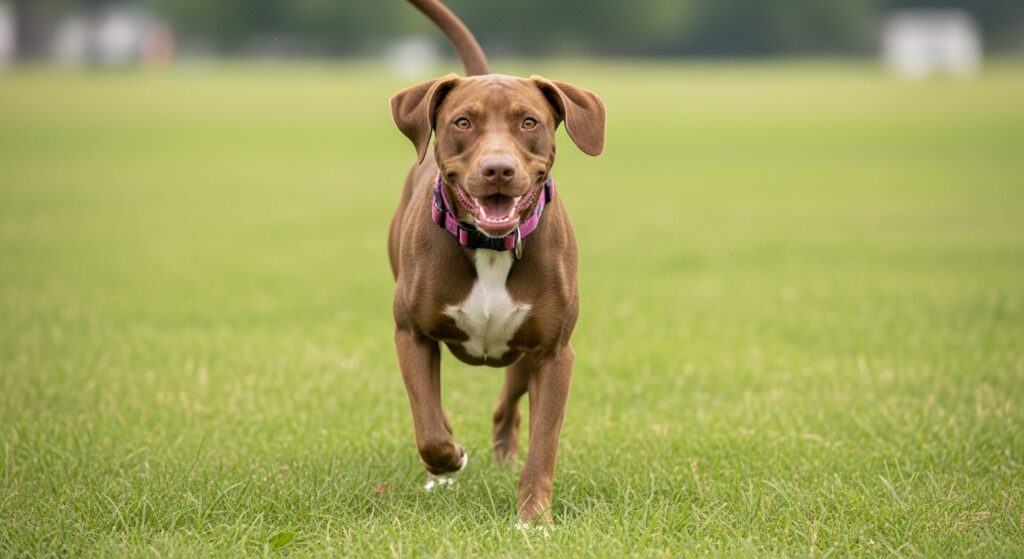
Proactive Care for Catahoula Owners
- Schedule yearly health screenings and vaccinations
- Keep up with flea, tick, and heartworm prevention
- Provide a balanced diet, regular exercise, and mental stimulation
- Source your Catahoula from a responsible breeder who screens for genetic issues
Staying informed and proactive is the most loving thing you can do for your Catahoula Leopard Dog!
FAQ: Catahoula Leopard Dog Health Issues
Q1. Are Catahoula Leopard Dogs healthy overall?A: Generally, yes! With proper care and responsible breeding, most Catahoulas live active, happy lives. Still, regular vet visits and home monitoring are vital.
Q2. How long do Catahoula Leopard Dogs live?A: On average, they live 10–14 years. Good nutrition, exercise, and prompt health care can help your dog reach the upper end of the scale.
Q3. Can I prevent deafness in my Catahoula puppy?A: Deafness is genetic, so there’s not much you can do after birth—but adopting from a responsible breeder who tests for deafness reduces risk.
Q4. What should I feed my Catahoula to help avoid health issues?A: Choose a low-allergen, high-quality food. Your vet can help you find the right diet based on your dog’s age, size, and activity level.
Q5. How can I keep my Catahoula’s joints healthy as they age?A: Keep your dog fit, avoid letting them get overweight, and consider joint supplements (like glucosamine) with your vet’s guidance.
Remember: While Catahoula Leopard Dog health issues can be concerning, most of these conditions can be managed or prevented with early detection and loving, proactive care.
Your Catahoula trusts you—so stay informed and give them the best life possible!

